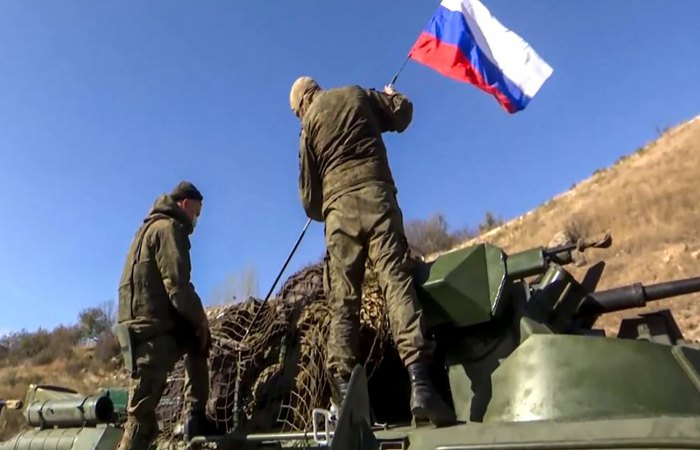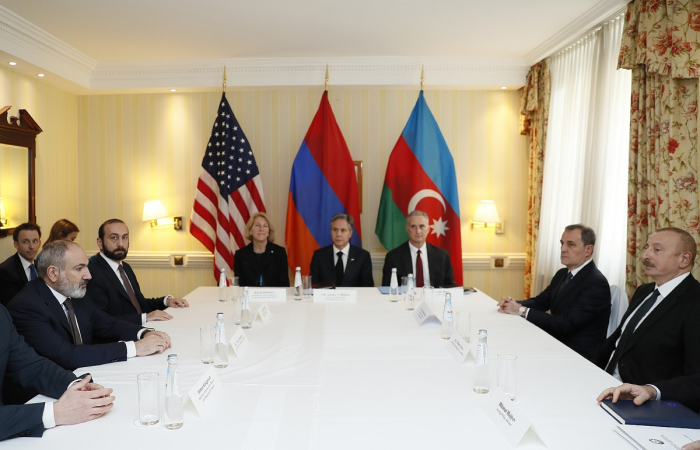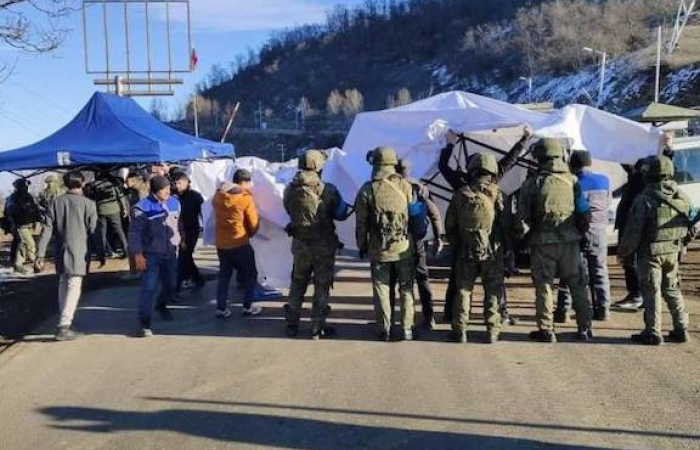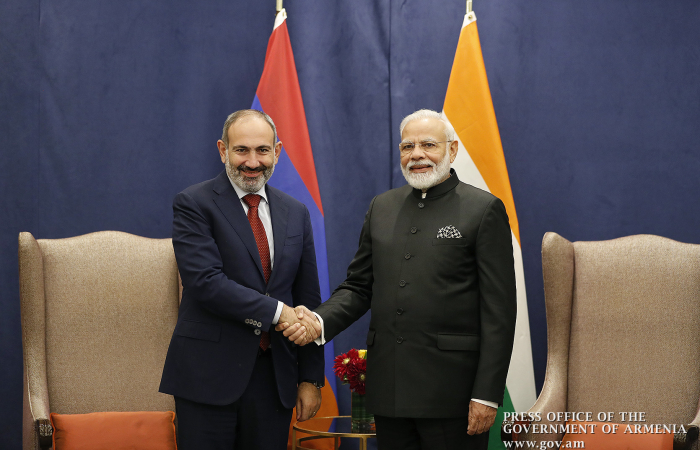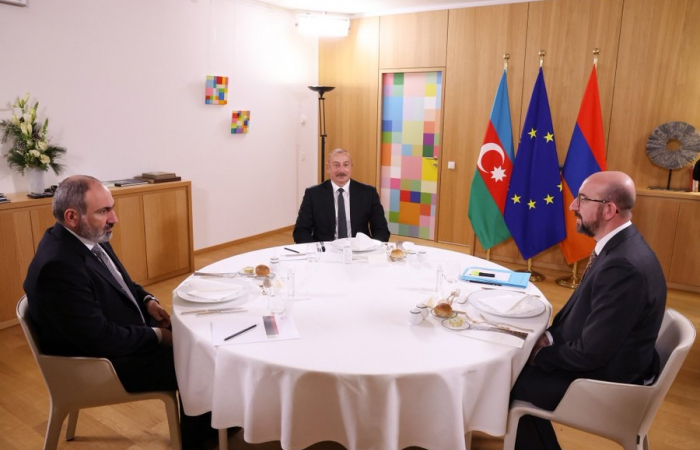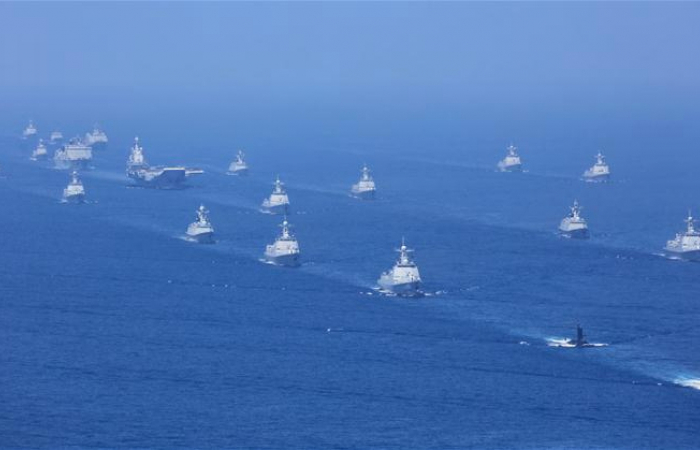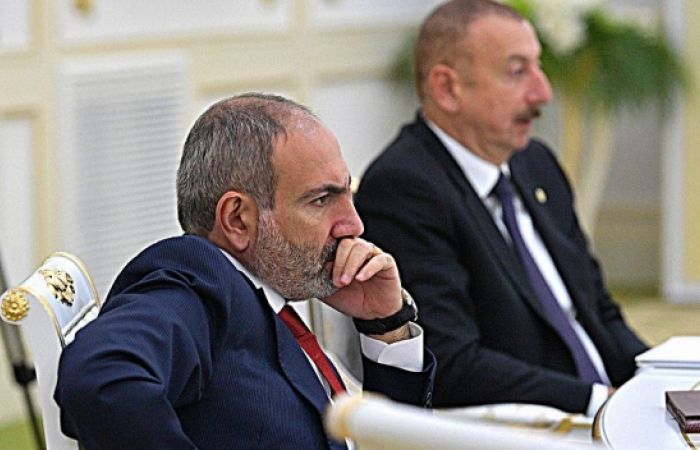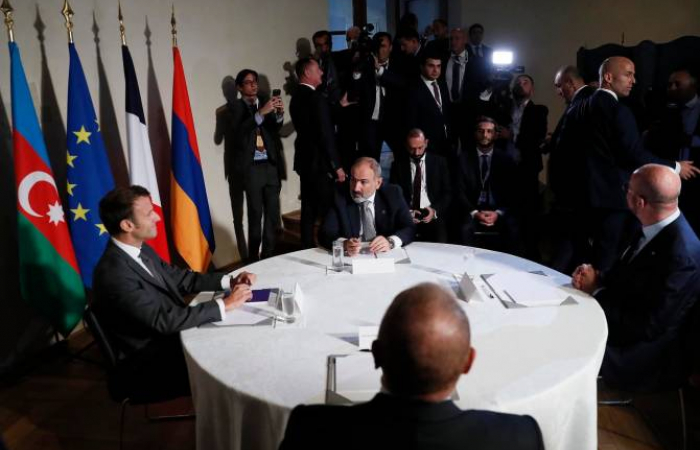Trending
Opinion: A long term international presence in Nagorno Karabakh is needed
13 March 2023
Nagorno Karabakh's future is the most challenging question that Armenia and Azerbaijan face as they seek to move towards the normalisation of relations between them. In this op-ed for commonspace.eu, Benyamin Poghosyan says that "there are different approaches how to deal with this issue. One approach argues for the inclusion of Nagorno Karabakh in the bilateral peace treaty, while according to another view, the Nagorno Karabakh issue should be separated from discussions on Armenia - Azerbaijan relations." This is creating a difficult situation on the ground. "For the time being, the only reliable way to prevent a new large-scale war in Nagorno Karabakh is a robust international presence in Nagorno Karabakh. It will provide relative security and stability in Nagorno Karabakh and contribute to the establishment of favorable conditions for Armenia – Azerbaijan negotiations", he argues.



